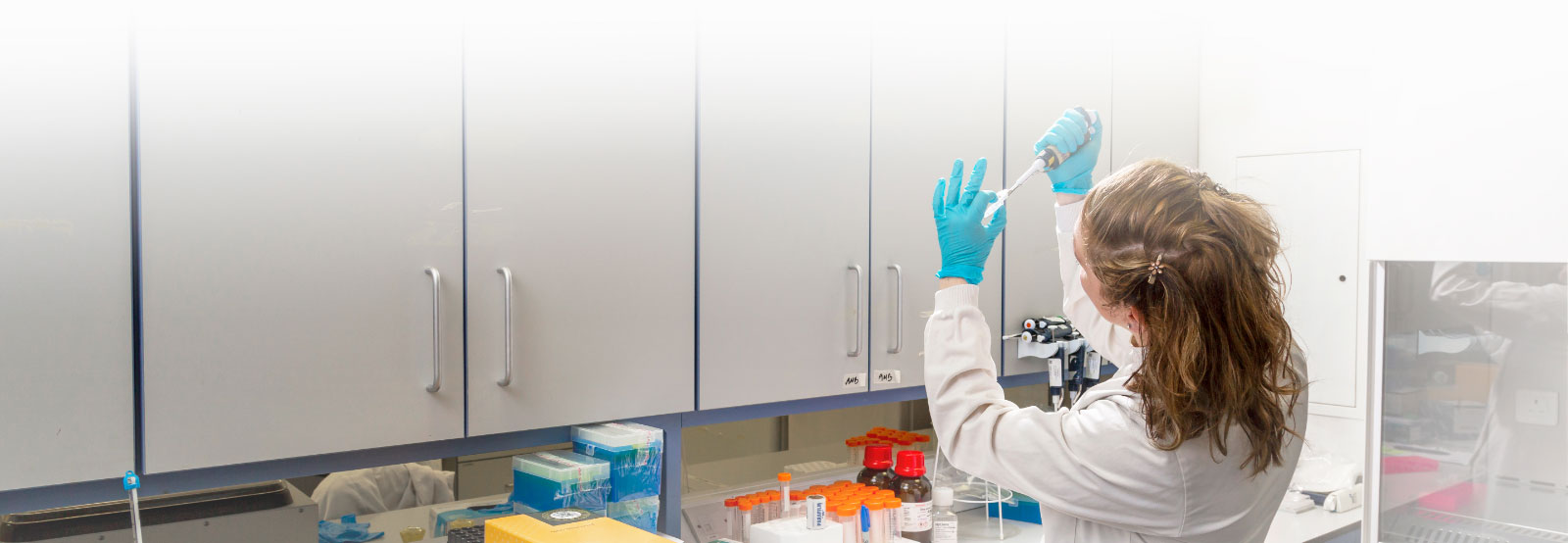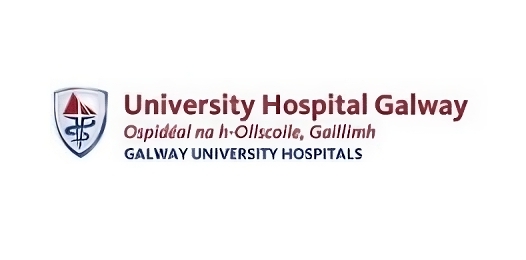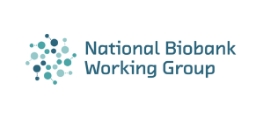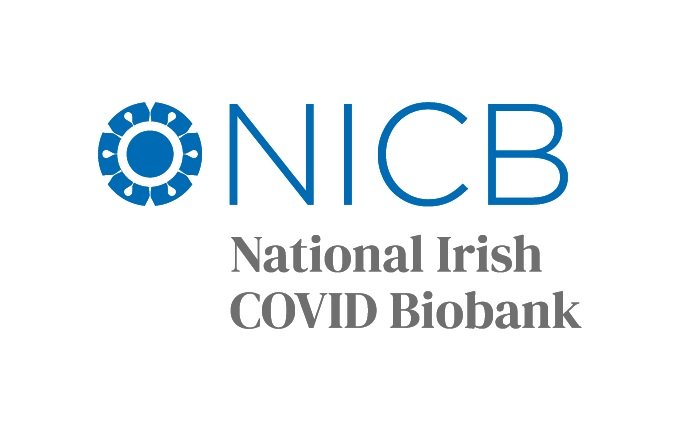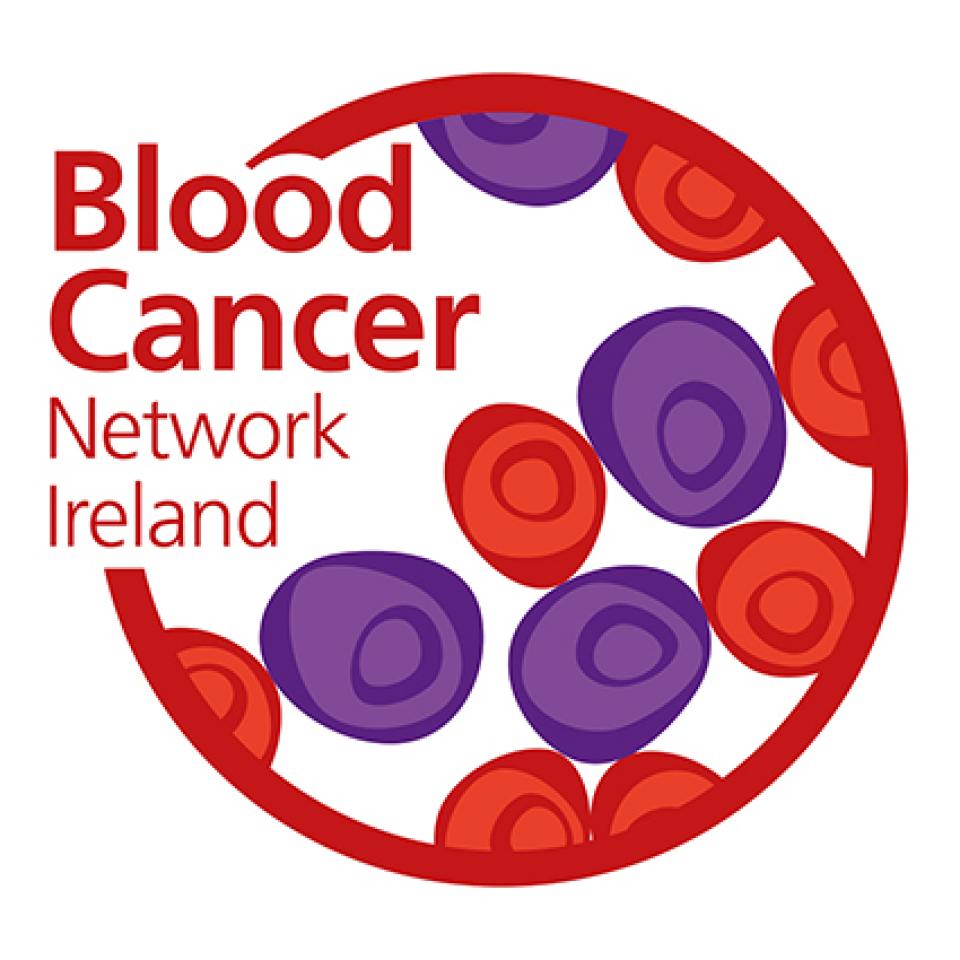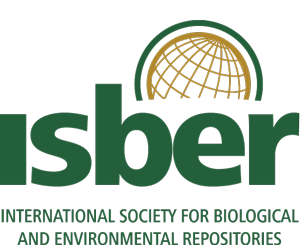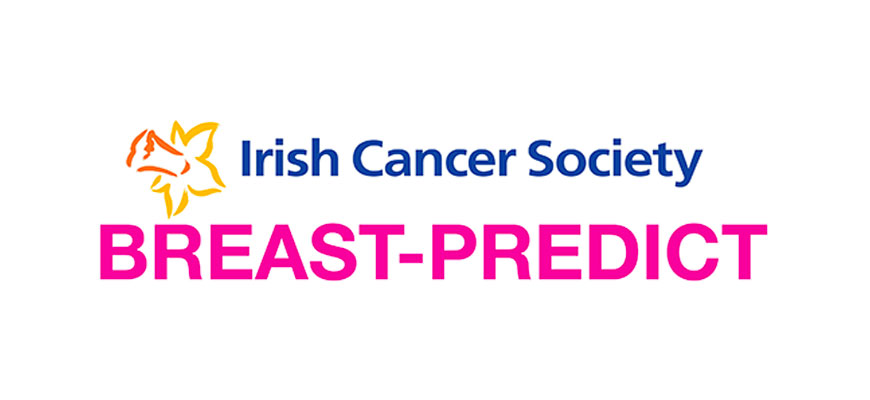On the 12th March, I first became aware of this new term, social distancing. Little did I think when I left the office that day, that I would not return for an unknown number of weeks. It was not difficult to adapt to a changed work schedule. Rather than a twice-weekly 5.15 am rise to catch an early morning train to Dublin, I now spread my working hours over weekdays, starting each morning at 9.00 am. I had to familiarise myself with Zoom and the potential of technology for communication with colleagues. Zoom, emails, text, messages help us all to keep in touch, but emails and text messages in particular lack the non-verbal clues such as facial expressions, so essential in communication.
While it is not possible to complete practical aspects of Biobanking remotely, such as sample processing, data entry to the Biobank Information Management System or benchwork, it provides an opportunity to tackle tasks such as updating the quality manual, revising or reviewing SOPs, looking critically at what we can do better and how.
Meanwhile, back in the Histopathology Department, samples for Biobanking have ground to a halt. Cancer patients are having their surgeries done in private hospitals and it has not been possible to procure consent for biobanking.
The British politician Jacob Rees Mogg, sometimes referred to as the honourable member for the 19th century, recently commented: “During the plague, Parliament closed, but even I have moved on from 1349 and with the help of technology, Parliament will remain open during the COVID-19 pandemic”. So we too have to carry on and make the best of current circumstances with the help of technology.
Una Gibbons
